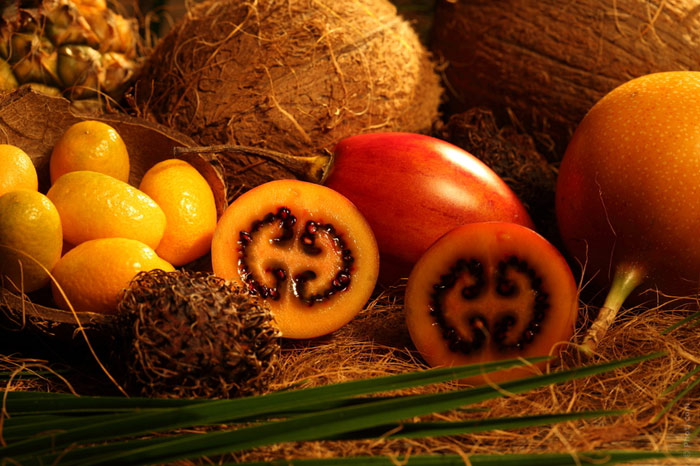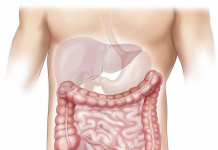Your heart’s desire is to lose weight before your seaside vacation or keep the achieved weight. But, despite all efforts, you still overeat from time to time. We listed several ways to establish healthy eating habits.

1. Allow yourself to experience emotions – do not be a stress eater
One of the main causes of obesity is stress eating. We often ‘comfort eat’ to relieve anxiety, guilt, and shame.
The best way to cope with stress eating is to stop dividing emotions into good and bad, and allow yourself to experience them. To do this, tell yourself (or write down in the diary) when you are overeating:
- I am eating now because I am nervous/angry/lonely/bored.
- This immediately reduces stress and calms you down.
Another piece of advice from a well-known expert on food behavior, Brian Wansink. Bad mood provokes overeating, so you should remind yourself before the meal of at least one happy event that happened recently, or of something for which you are grateful. You can share the good news with those who dine with you. This way you will eat less.
2. Stop dividing food into “the allowed” and “the forbidden”
We struggle not to let ourselves eat the forbidden cakes or chocolate, bread and sausage, but sooner or later, we lose control and overeat those chocolate and cakes gaining extra weight.
French therapist, Gerard Apfeldorfer, the author of “Weight loss starts in your head» (Maigrir, c’est dans la tête), urges us to stop dividing food into permitted and forbidden: each product can be a source of energy and good mood.
Consciously include forbidden desserts into the menu, but eat them in the end and monitor your senses. When does satisfaction reach its peak? After which slice the pleasant taste gradually begins to melt? If you have overeaten because of stress or emotions, do not torture yourself with guilt. Calmly analyze what urged you to eat.
3. Emotional power-up is important. Do not deprive yourself of communication
One of the instigators of overeating and food disruptions, which few of us consider, is lack of communication.
Natural conversation with a friend or just a couple of jokes exchanged with a nice shop assistant or a neighbor – all this is emotional food, which we need to feel good, apart from breakfast, lunch and dinner.
If we deliberately or inadvertently deprive ourselves of communication (turn in on ourselves, do not go out or keep in touch with friends, acquaintances, and relatives), we begin to feel strange emptiness inside and – sooner or later – indulge in overeating to fill it.
Dressing for a date vs. dressing for the gym. Going out vs. staying in. It’s the same mentality we have with our feast or famine diets. We deny ourselves and then suddenly we are famished and so we overdo things. With love, we deny our sensuality, and then we grow anxious and restless and lose our sense of confidence and end up sleeping with some guy who’s really not good for us, who is the emotional equivalent of a big bag of chips.
Jamie Cat Callan, author of the book “French women do not sleep alone”
Make sure you get enough emotional food every day. Communication does not have to be interesting or funny every time, the main thing is that you learn to get pleasure from the fact of communication, having a shoulder next to you.
4. Fill your life with beauty
Abraham Maslow said that a lack of beauty can cause illness. People who are aesthetically very sensitive experience depression and discomfort in an ugly environment… Life in an unpleasant environment with nasty people is a pathogenic factor.
These words remind us of the need to fill our life with beauty.
Scientific studies confirm that if our home is comfortable and clean, warm and light, filled with sounds of laughter and music, our self-esteem increases, and the risk of overeating even under stress reduces to zero.
5. Create a ritual – getting more pleasure of a smaller amount of food
Most of us have a craving for high-calorie sweets and starchy foods. We find it hard to resist this food and easily get addicted to it.
In terms of biochemistry, it is a healthy reaction: nature has programmed us to choose highest-calorie foods, but the more often we eat them, the less pleasure they bring. That is why we become addicted and overweight over time: the brain requires either higher-calorie foods or larger quantities of the same food.
The solution is to reconsider the attitude to desserts and bread – learn to get more pleasure from small amounts. Rituals help in it.
Next time, instead of eating the whole chocolate bar at once, try dividing it in half without removing the wrapper, then remove the wrapper from the one half, eat the chocolate, and repeat the same with the other part. The more often you will follow this ritual, the more pleasure you will get, and the desire to take another serving will disappear.
Scientific studies show that rituals can make any food, whether it is chocolate or carrots, taste delicious – you will want to savor it, not swallow.










